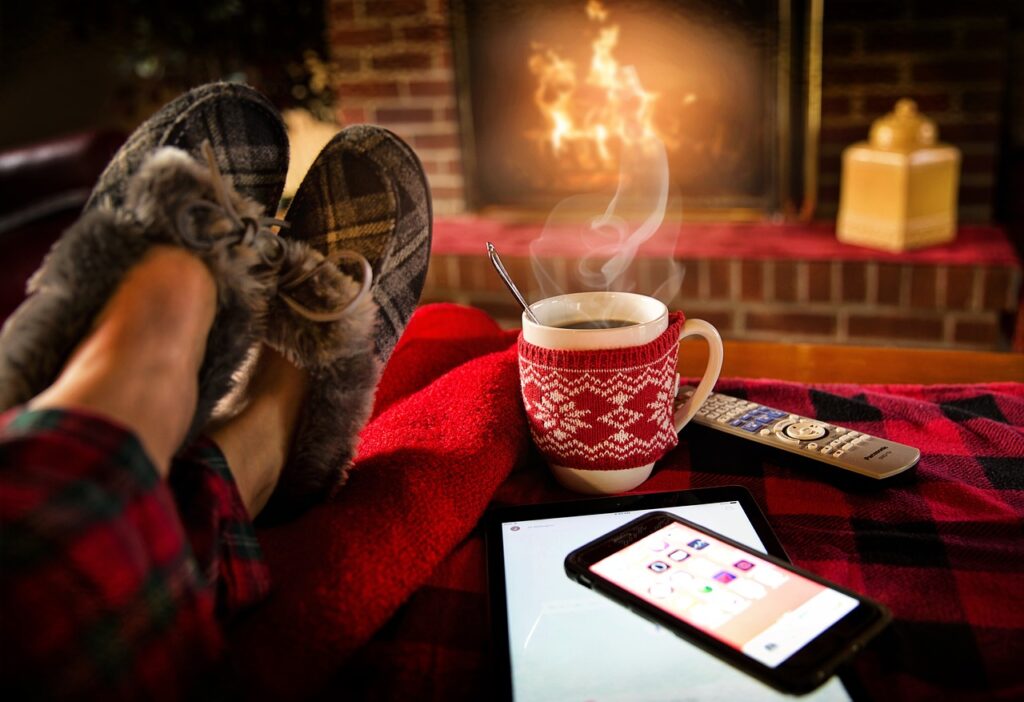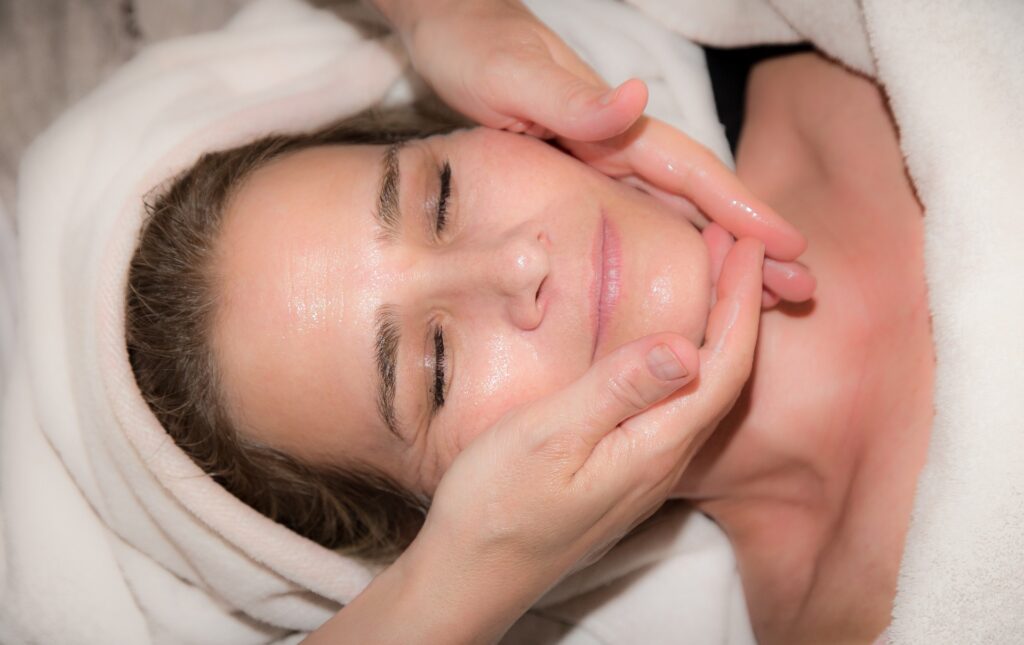With our world becoming faster and larger by the day, it’s inevitable to feel anxious at times. And these days, paying a psychologist for help can be very expensive. Thankfully, there are various techniques to alleviate anxiety that are free. Give some of these a shot leading up to finals season.
1. Go outside
Step outside and get some fresh air. It’s a great antidote for stress: being outside gives more oxygen to your brain, helps ground you, slows your heart rate down, calms the nervous system, increases self-esteem, reduces anxiety and boosts your mood. Japanese researchers studied “forest bathing,” a term eloquently named for how walking in the woods elevates a type of cell called ‘Natural Killer.’ These cells help fight tumors and infections which in turn reduces anxiety. Plus, studies have shown that aerosols from woods and essential oils emitted from cedar spiked levels of Natural Killer cells.
2. Breathe
Breath is essential to life. Deep breaths are more efficient, as they encourage the body to fully exchange incoming oxygen with outgoing carbon dioxide. While shallow breathing is what most of us do throughout the day, it limits the range of motion by not allowing the lowest part of the lungs to fill with oxygen, which can therefore make you feel anxious. Deep abdominal breathing involves allowing your chest and lower belly to rise as you fill your lungs.
3. Sip some tea
Drinking tea can be so relaxing. What’s better than coming home after a long hard day of school and melting on your couch with a warm bevy in your hand? The next time you’re feeling stressed, reach for a chamomile tea. It contains a compound called matricaria recutita that binds to the brain receptors and allows the body to relax. One study showed that patients who drank chamomile tea for 8 weeks straight had an impressive decrease in anxiety.
Green tea is a great alternative. It has long been used in Chinese medicine to treat depression. It also has amino acid L-theanine which lowers blood pressure and reduces stress.

4. Warm up
Whether it be by cuddling up next to a warm fire or lounging in a steam room or jacuzzi, keeping warm promotes a sense of calm and well-being. A 2009 study suggested that “sensations of ‘warmth’ may alter neural circuits controlling cognitive function and mood.” In other words, warmth may alter neural circuits that control mood and positively affect the neurotransmitter serotonin. So, get warm, feel better.
5. Listen to music that makes you feel good
Our whole body vibrates at a certain frequency and each electron, atom, cell, tissue, organ has its own vibratory character. Music has been used in therapy for years, and listening to the right type of music has shown improved mood and psychological healing. Look for something with a temp of 60-80 beats per minute, no lyrics, and a simple chord progression. By listening to this music, the body synchronizes its vibration to oscillate to the same tempo as the music, which can in turn stimulate to release endorphins and evoke motivation and a feeling of purpose.
The body has a vibrational elixir that consists of the aura, energy centers (chakras) and electrical conduits. In music therapy, the vibrations created allow the chakras to align with one another at the same vibrational frequency allowing for optimal health and wellness.
6. Get a massage
Human contact and comforting touch are key elements to lowering cortisol in your body. Also called the stress hormone, cortisol “increases glucose in your bloodstream, enhances your brain’s use of glucose and curbs functions that are nonessential in a fight-or-flight situation.”

Massage also relieves tightness in muscles, promoting lymphatic drainage and eliminating toxins created by accumulated metabolic waste. Less waste means more energy! Massage can also help increase freedom of movement and therefore increase energy.
Beyond the physical benefits, massage provides a peaceful space to practice mindfulness and meditation by being present in the moment. Slow breathing, progressive muscle relaxation, no phones as distractions are well regulated strategies for reducing symptoms of anxiety.
7. Laugh
You’ve probably heard the cliche that laughter is the best medicine, but the saying is actually supported by science. Laughter strengthens your immune system, improves mood, stimulates many organs, diminishes pain, and protects you from the detrimental effect of stress. The result? A good, relaxed feeling. Negative thoughts manifest into chemical reactions that can affect your body. By contrast, positive thoughts release neuropeptides that help combat stress and illnesses. Did you know that laughter can even help make you live longer and boost endorphins? Endorphins are the feel-good chemicals that promote an overall sense of well-being. Now that you know all this, put humour on your horizon.
Bottom Line
There are many various ways to reduce anxiety. Try a couple and see what’s most effective for you. If you are still struggling with anxiety, especially with finals coming up NAIT has a mental support center that offers confidential counselling. Feel free to email counselling@nait.ca or call 780.378.6133. Students can access the 24 hours a day service through www.naitsa.ca/mywellness/.






